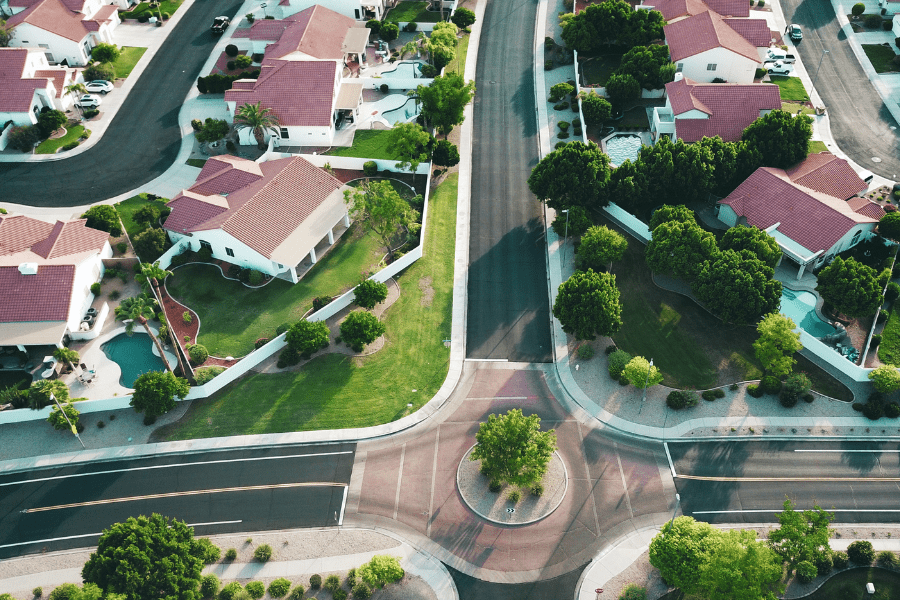A homeowners association (HOA) is an organization that manages a community of privately-owned homes. These associations are typically found in planned communities, such as subdivisions, condominiums, and townhomes, and are responsible for enforcing rules and regulations, maintaining common areas, and organizing community events. While HOAs can provide numerous benefits to homeowners, they also come with some potential drawbacks. Here are some of the pros and cons of living in a community with an HOA:
Pros:
Maintenance and upkeep:
One of the most important advantages of having a homeowners association is that it contributes to the upkeep and aesthetic appeal of the neighborhood as a whole. The Homeowners’ Association (HOA) is accountable for the upkeep of common facilities, such as playgrounds, lawns, and gardens, in addition to the enforcement of laws that govern the look of individual residences. This has the potential to assist in the preservation of property values and the enhancement of the community’s standard of living as a whole.

Community amenities:
Access to various community facilities, including swimming pools, fitness centers, and clubhouses, is often provided through homeowners’ associations (HOAs). These conveniences might be a fun way to mingle with the people who live nearby while also increasing the value of your property.
Sense of community:
A homeowner’s association (HOA) can contribute to the growth of a feeling of community in the neighborhood by facilitating the planning of social gatherings like block parties and giving people chances to participate in the process of community decision-making.
Cons:
Rules and regulations:
One of the possible drawbacks of deciding to live in a neighborhood that an HOA governs is the possibility of being subjected to stringent rules and regulations that regulate everything from the color of your front door to the type of fence that you are allowed to install. It’s possible that some individuals may think that these regulations are too restrictive and will believe that they limit their ability to do anything they want with their own property.

Fees:
Homeowners are expected to pay ongoing fees to the HOA in order to cover the costs of the upkeep and the facilities that the HOA offers. These costs can range significantly depending on the size of the community and the kind of services that are offered, but over time, they can add up to a significant amount.
Limited control:
The homeowner’s association (HOA) is not only accountable for the upkeep of the community, but it also has the authority to make choices that have implications for the whole area. Homeowners who disagree with the decisions made by the HOA and who believe they have no say in the direction their community is headed might find this situation to be quite upsetting.
Overall, the pros and cons of living in a community with an HOA depend on the specific community and your personal preferences. It’s important to carefully weigh the potential benefits and drawbacks before deciding if living in an HOA community is right for you.
Here at Mrlandseller, we provide a platform for everyone who is interested in buying land.
You can contact us and use our teams to help you through the process to the end.
You can also follow us on social media to be the first one to find out about our new properties (https://www.facebook.com/MrLandSeller/)


